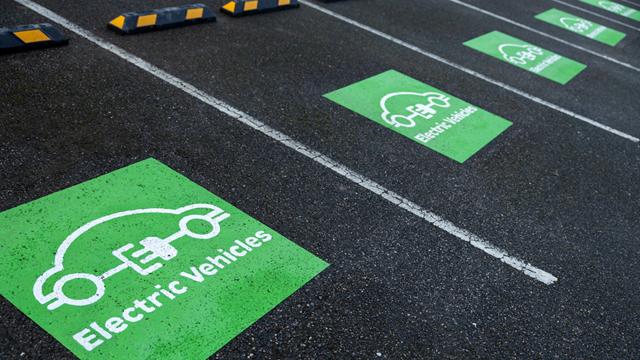Associate
- Joined
- 27 Jan 2022
- Posts
- 756
- Location
- UK
der8auer likes his Porsche EV  It can charge at 250KW/h!
It can charge at 250KW/h!
 It can charge at 250KW/h!
It can charge at 250KW/h! It can charge at 250KW/h!
It can charge at 250KW/h!That range ain’t gonna be motorway range. 40kwh will be lucky to so 160 miles on a motorway (4m/kWh at 70 is pretty good too)

That is a lot of dollar for a city car with poor range tho tbf. You've gotta really want a Mini at those economics.
I know - I have an e2008 which is very comfortable as a city car (I only need to change it on a granny lead maybe once or twice a week) - but the Mini is atrocious (winter especially). You may as well buy a 12 year old Leaf.If it's a city car though, it's enough, the challenge is trusting its enough if it was to be your only car.
At least next year's refresh of the Mini. Set to be called Cooper S will have a claimed range of up to 240 miles on a 40kwh battery with same bhp as current electric Mini with an SE to follow later with up to 300 miles with a 52kwh battery and 215bhp.
Why are you worrying about the motor ? It has a 33% bigger battery. But it’s only 40kwh. It ain’t beating physics on range where range matters (motorway driving)Yeah the mini is a fairly small car and if the new one has a more efficient motor then the 240 may be possible in summer. As long as it managed 200 minimum then it's a major improvement over the existing model.

It's just amazing how many people fall for all the anti EV BS. Then don't actually think to do their own research in to the subject or fact check what they read or see on FB.I definitely need too keep this to hand next time someone tells me EVs dont work, or the grid wont cope, or the batteries will fail after X years before going to landfil.
i mean it is exactly the sort of stuff i already use to counter............... but you would think (hope) that the national grid would carry some weight, after all they should know more about their network than anyone else

Busting the myths and misconceptions about electric vehicles | National Grid Group
Can the electricity grid cope with more EVs? And what really happens to old EV batteries? Find out the answer to these and many more questions about electric vehicles in our comprehensive EV myth-buster.www.nationalgrid.com
It's just amazing how many people fall for all the anti EV BS. Then don't actually think to do their own research in to the subject or fact check what they read or see on FB.
Most common thing I see is that there is not enough infrastructure to support all the electric cars etc. However there are over 43000 charge points at over 25000 locations which is a 38% increase since May 2022.
I don't really have any concerns over the grid being able to cope but if I did I'm not sure that would have convinced me otherwise.I definitely need too keep this to hand next time someone tells me EVs dont work, or the grid wont cope, or the batteries will fail after X years before going to landfil.
i mean it is exactly the sort of stuff i already use to counter............... but you would think (hope) that the national grid would carry some weight, after all they should know more about their network than anyone else

Busting the myths and misconceptions about electric vehicles | National Grid Group
Can the electricity grid cope with more EVs? And what really happens to old EV batteries? Find out the answer to these and many more questions about electric vehicles in our comprehensive EV myth-buster.www.nationalgrid.com
I don't really have any concerns over the grid being able to cope but if I did I'm not sure that would have convinced me otherwise.
To paraphrase their first retort- people are moving to EVs gradually and we are constantly improving. OK... but at what point does "gradually" become "quicker than we expected" and what is the net result of that?
They then go on to talk about the Electric Vehicle Smart Charge Points Regulations... which don't cover rapid chargers. If there is a risk to the grid capacity surely it is everyone plugging into a 175kW rapid charger the Friday before a bank holiday weekend, not the after work 7kW overnighter.
Then the hypothetical "If every car swapped to an EV overnight we believe demand would only increase by 10%. An extra 10% on their worst case 62GW peak demand only equates to around 3% of cars in the UK charging on a 7kW supply at the same time*. That may well be reasonable but I'd hope they allow for a bit more capacity up their sleeve if we are talking about peak demands.
As with anything EV related a lot of the information has to come through predictions but it does make way for the nonbelievers.
*This is very much lordrobs maths at work here...

Exactly, yet National Grid neglected to mention that! The 'bait and switch' of smart meters was always about controlling our usage through financial penalty, EVs will simply play a rather large part of that load shifting.Time of use tariffs and smart chargers should pretty much kill that problem.

